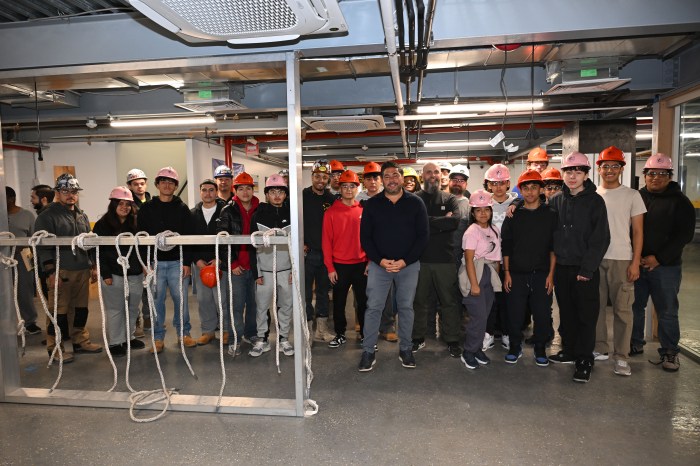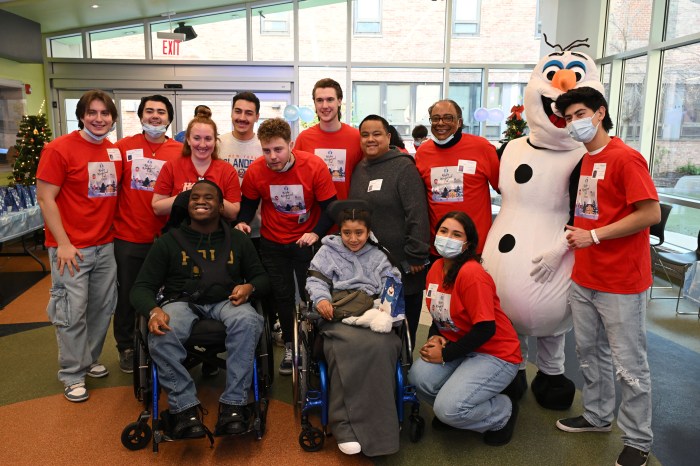Coming home after my first year at college was bitter-sweet. It was strange remembering the many cool things I got to do in high school, as college seems to act as an ‘equalizer’ where you are forced to start anew.
While some of us may have been big fish in small ponds back in the day, once on campus, we are quick to realize that we are really just guppies. The passing of time effaces our past successes, and we have to adjust to not always being "the best."
While any college experience causes students to reassess and "find" themselves, I’ve discovered that school can be a pressure cooker if students don’t know how to find success after failure. Perhaps my firsthand experience can prepare incoming freshman for their college experience.
How can you adjust and adapt? Similar to Kubler-Ross’s five stages of grief, the adaptive process one goes through when faced with overwhelming loss (denial, anger, bargaining, depression, acceptance), students may pass through five stages in order to be humbled – in a good way – by the college experience.
Stage One: Denial¬ – This stage starts with the acceptance letter and the thought of the instant kinship inevitably created with the other students who chose the same school as you. Upon arrival on campus, I was overwhelmed with the caliber of my fellow classmates. I had never been surrounded by so many kids my age that were already so accomplished. Did my school make a mistake by including me in this group of people?
Stage Two: Anger – Feelings of excitement insidiously slide into disappointment and intimidation. The esteemed faculty and incredible classmates can make you feel out of your element. Attempts to get involved, find leadership positions and continue with pre-college passions may result in disappointment when your ideas and efforts are not selected or rewarded.
I was a reporter for the Great Day Houston talk show for four years and yet I was rejected by a student-run news show on campus.
Stage Three: Bargaining – Intimidation may have taken root, and you find that you are constantly comparing yourself to others. Someone else is always smarter, better, more capable, more creative. You can’t recount to the person sitting next to you at dinner about how you vaccinated orphans in a war-torn country, because, chances are, that person discovered the vaccine. I had to accept the fact that I didn’t invent anything or produce a documentary – but maybe I could fundraise for a charity or write for a newsletter. I tried to stop measuring my success and comparing myself to other students. It was a never-ending and exhausting feat.
Stage Four: Depression – While students in the humbling process may not feel "depressed," there are certain lows we hit when we do have to accept the fact that we can’t "do it all," and we are forced to compromise between saving the world or managing four classes and a handful of extracurricular activities. Feeling like a nameless face in the collegiate crowd may lead to questions of self-worth and killed desires to get involved in things already so competitive and established.
Stage Five: Acceptance – When you are humbled by your college, you could say “The more I see, the less I know.” And you now know that this means only that you are fortunate to have unique opportunities and access to incredible resources. While pursuing passions and planning for the future, you are humbled at every turn; by your classmates, the prestigious faculty, your first-semester crush, the local kids you tutor, or the person that tutors you.
Winding my way through my first semester, I found strength through managing disappointments as well as successes. If you don’t make it to stage five, you are missing out on the incredible opportunities and experiences your college has to offer.



































